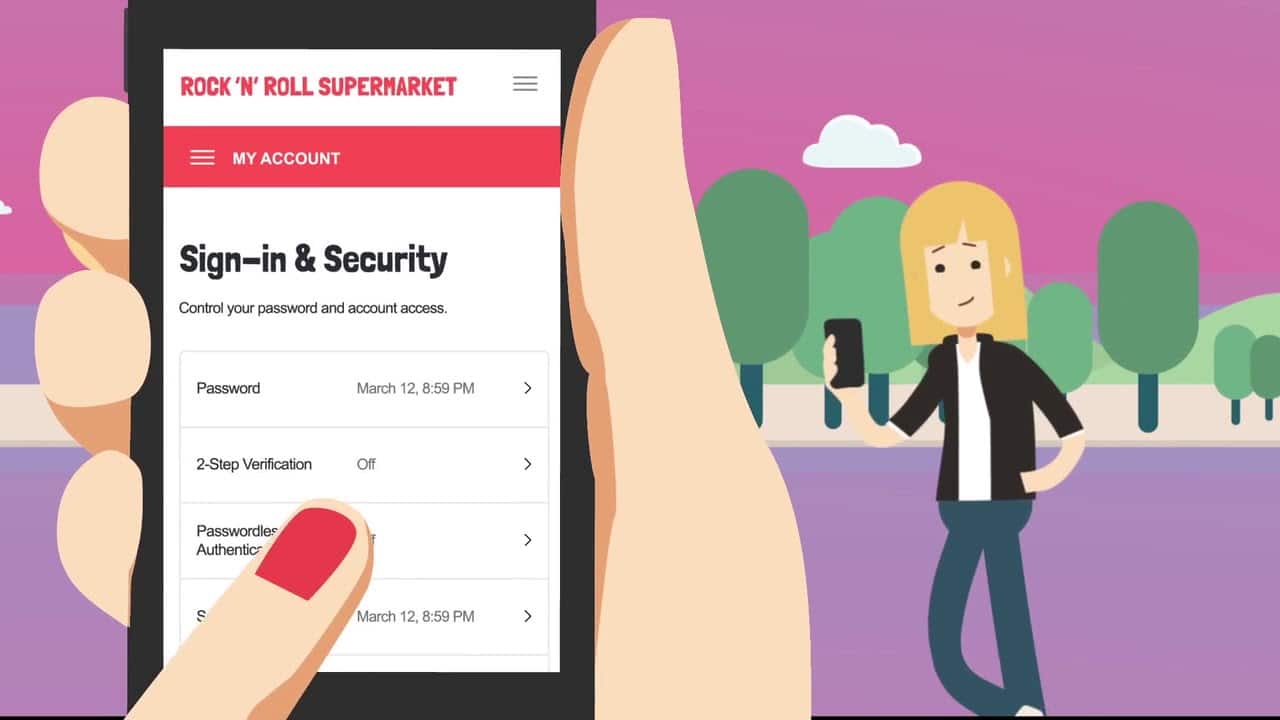Every company, whether young or established, relies on customers as a pivot for success. As a business owner or leader, you ought to work hard to keep customers happy as you try to convert more. One way of protecting your customers is by keeping an eye on privacy issues. It is a way to protect your customers and your business from a costly breach. Let us cover some of the simple tips you can use to protect the privacy of your customers.
Protect Digital Data
Nowadays, most companies will tend to store a bulk of customers’ information on the cloud for flexible access and protection from loss or damage. It is good to use such platforms but beware that they can be exploited by hackers targeting certain customer and business information.
To avoid plunging into trouble with customers’ data, deploy good digital security measures. Some measures are cheap, but others are expensive. That said, the damage caused by a data breach can pull your company down. So, use approaches like self-hosted secure file sharing that ensure all your customers’ data are protected in transit. It is also important that you implement other security measures on all your data. For example, ensure that your customers use strong passwords or multi-factor authentication methods before accessing your data.
Collect Only What You Need
The more data you collect, the more responsible you are for that. Although customer analytics might require more data to develop successful marketing strategies, piling layers of data is riskier than you think. Data is not hack-proof and can be stolen without your consent. So having too much data means losing more data in an event of a data breach. Experts advise companies to collect and retain data that is only necessary for their service because the cost of a data breach is enormous. Anything outside may brew unnecessary chaos with the customers and legal issues. Besides, customers do not feel secure when you try to siphon more information from them.
Audit Your Customer’s Data
Customer data audits can prove an effective step in protecting the privacy of your customers’ data. Having a clear picture of the data you need, mode of collection, and what data to retain is key in data audit. If you are handling sensitive data like medical or financial information, make sure you conform to your legal obligations. The whole idea for an audit is to foster data attention. If you fail to give adequate attention to your data, disaster might transpire that you could have avoided. Assigning someone to be responsible for collecting and managing your customer’s data is also good in situations like handling payments and the likes.
Make your Policy Clear
When collecting information from the customer, make sure your company is crystal clear about the intention of data collection. Whatever the policy you have, ensure it is clear, and that diversity if factored in. When you publicize your privacy policy, emphasize that you conceal customers’ data. Just use simple and clear descriptions to drive home the point.
Keep updating your Data security systems
Any update is often goodwill for the end-user because it is the addition of better features to the existing system. Updating your data security systems is no different as better security features are integrated into your system to help fortify your data protection programs. It is important to leverage state-of-the-art technologies to effectively protect your customer’s digital privacy.
Offer Your Customers Flexibility
According to various research, customers are happier if they are given a platform to suggest their preferred settings and features. More often, companies’ platforms are designed in a manner that restricts customers to only accepting their policies. This gives customers the notion that the company is majorly focused on selling rather than serving them. Giving them a choice to decide other factors makes them feel they are part of the company’s fabric. It will also help them opt-in and out how you handle their data.
Train Your Employees on Data Privacy
A trained employee is a formidable weapon against reckless data breaches. Training them on various practices that curb data theft makes them vigilant and can help avert the risks of data breaches.
Provide a Complaints Forum
A complaints forum should not sound like a company-customer burst up the scene. Instead it is a platform that helps companies address customer’s issues, understand them, and retain unsatisfied customers by clarifying arising issues. The company should actively and timely response to customers’ queries. Never underestimate customer complaints because one unsatisfied customer can raze down your company on social platforms. This can have an adverse implication on the company, yet it could be avoided with a simple feedback mechanism.
Wrap up
Remember, a sensitive data breach can destroy your business. So, you have to work harder to protect your data including consumer-related information as malicious people keep trying to access them. What we have covered is just the tip of the iceberg but it should help you get started on matters of consumer privacy.

